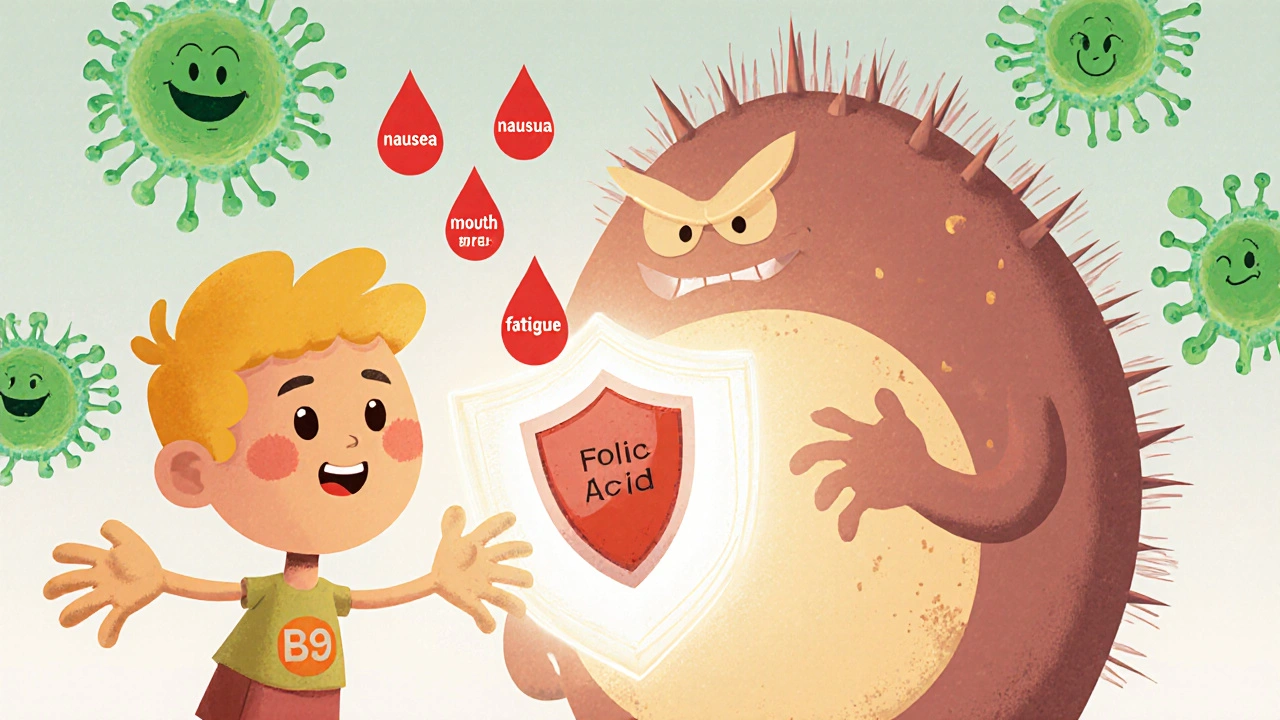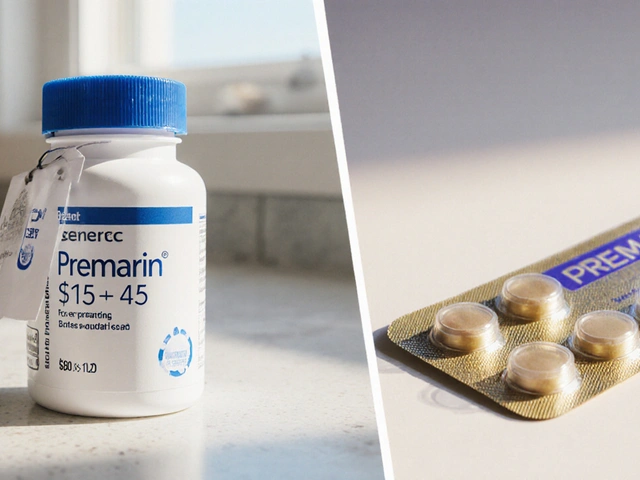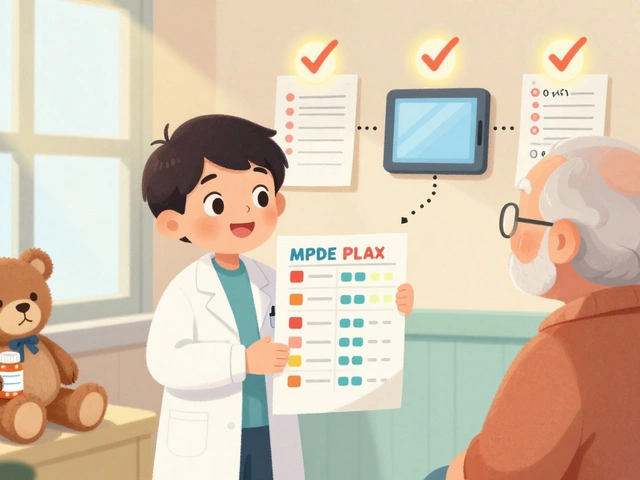Supplementation: What It Really Means and How It Affects Your Medications
When you hear supplementation, the practice of adding substances like vitamins, minerals, or herbs to your diet to fill nutritional gaps. Also known as nutritional support, it sounds harmless—maybe even helpful. But if you’re taking prescription drugs, what you swallow in a capsule can clash with what’s in your bloodstream. It’s not just about calcium or vitamin D. It’s about grapefruit juice making your statin toxic, kombucha’s trace alcohol interfering with your antibiotics, or magnesium hydroxide messing with how your blood pressure pill absorbs. Supplementation isn’t a side note in your health routine—it’s a key player that can make or break your treatment.
Many people don’t realize that medication interactions, when a supplement changes how a drug works in your body are one of the most common causes of unexpected side effects. Take warfarin, for example. A simple change in vitamin K intake from supplements or leafy greens can throw your blood thinning off balance. Or consider how sulbutiamine (Arcalion) affects brain chemistry—stacking it with other nootropics might boost focus, but it could also trigger anxiety or sleep issues if you’re on antidepressants. Even something as everyday as dietary supplements, products taken orally to add nutrients or other substances to your diet like fish oil or turmeric can thin your blood, raise your risk of bleeding, or interfere with liver enzymes that break down your meds. These aren’t rare cases. They happen every day, often because people assume "natural" means "safe." It doesn’t.
And it’s not just about what you take—it’s about when, how much, and who you are. Seniors on multiple drugs are especially vulnerable. A magnesium hydroxide laxative might help with constipation, but if you’re also on a kidney medication, it could push your electrolytes into dangerous territory. Same with chloasma in children—sunscreen and supplements aren’t just about skin tone, they’re about how your body handles light and hormones. Even something as small as a tea for bloating can contain compounds that slow down how your body processes other drugs. Supplementation doesn’t happen in a vacuum. It’s tied to your health condition, your age, your other meds, and even your diet. Ignoring that connection is like driving with blinders on.
You don’t need to stop taking supplements. You just need to know which ones matter—and which ones could hurt you. Below, you’ll find real, practical guides on exactly how common supplements and foods interact with medications you’re already taking. From statins and grapefruit to kombucha and warfarin, these aren’t theory pieces. They’re based on what people actually experience, what doctors are seeing, and what the latest research shows. Whether you’re managing high blood pressure, depression, sexual health, or chronic illness, the right info here could keep you safe—and help you make smarter choices without guessing.




